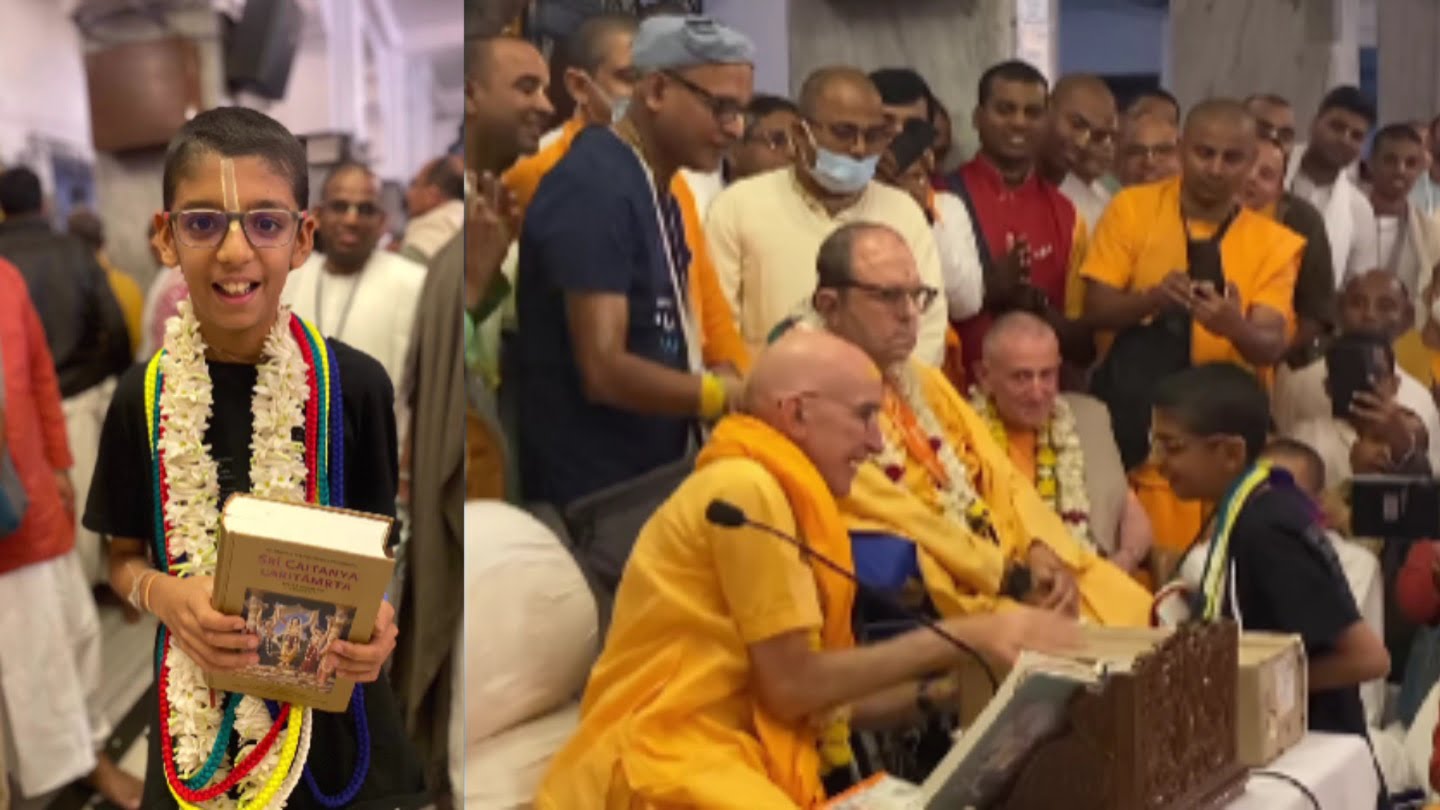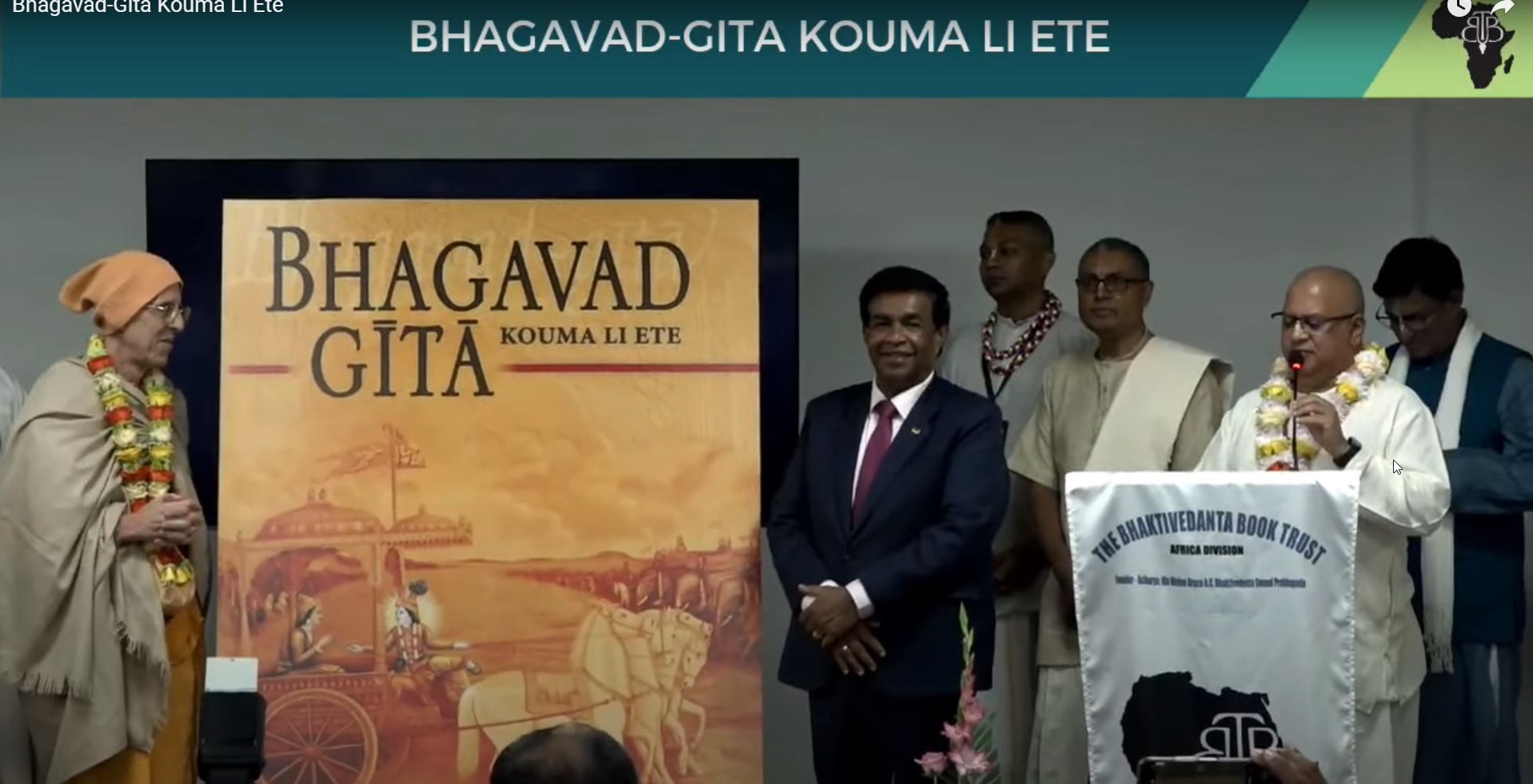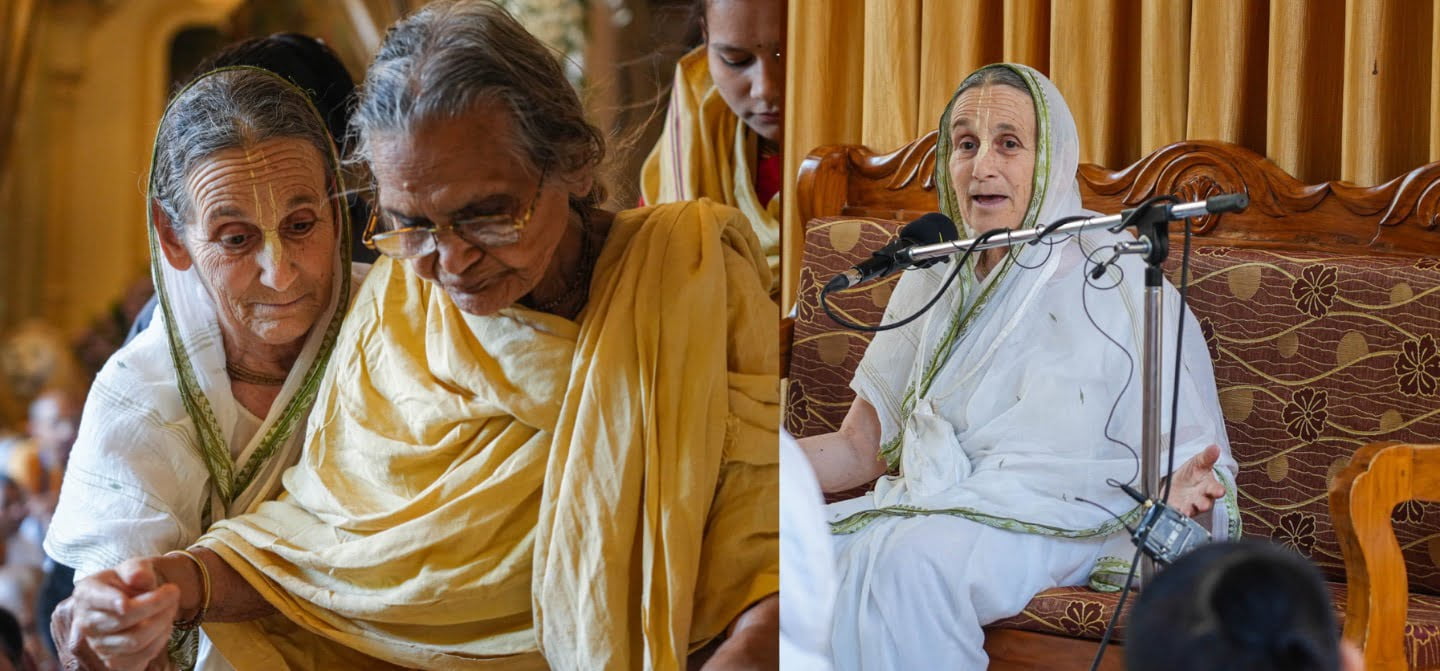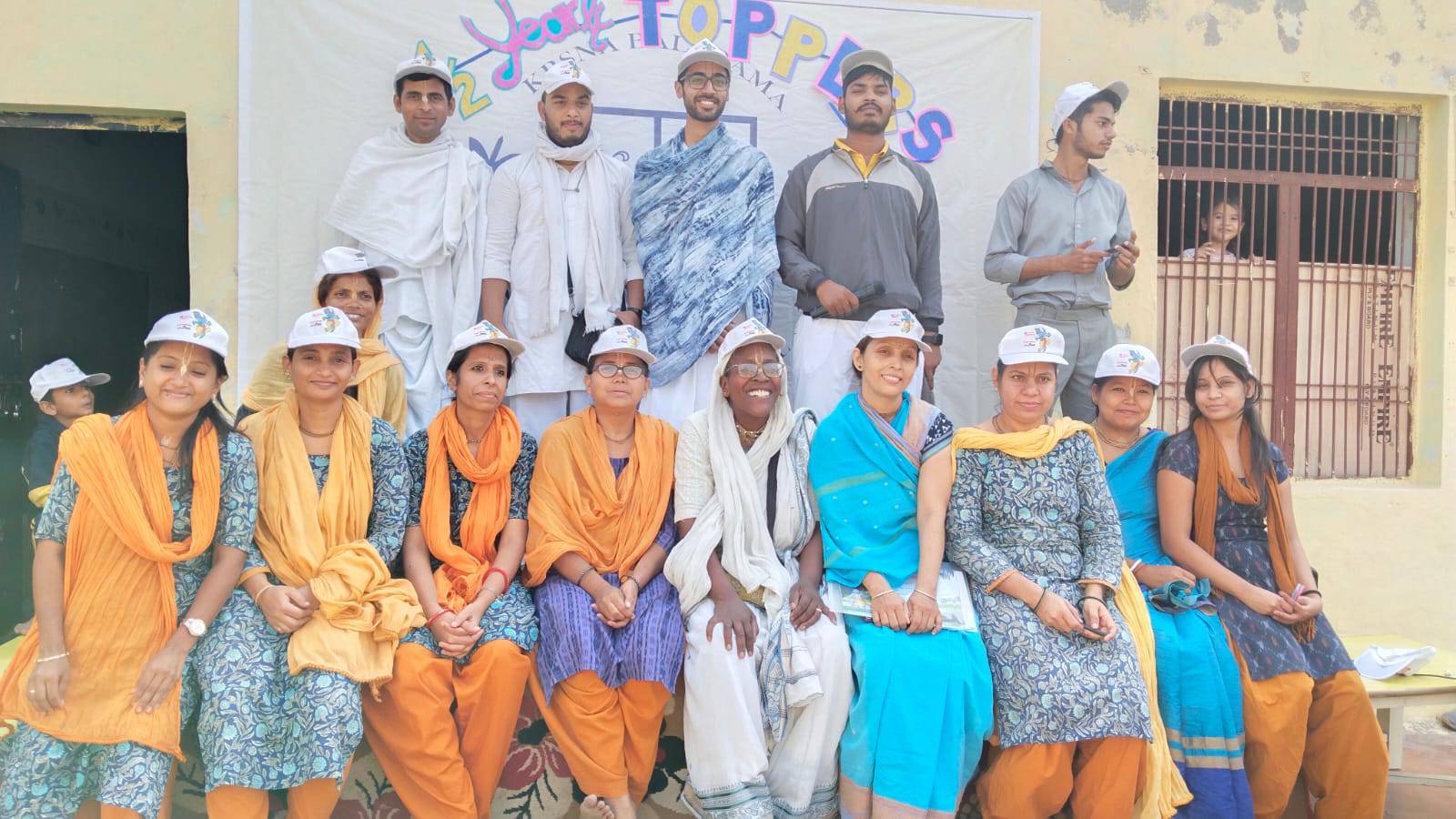Krishna Kids and Drugs: Depending on Mr. Leland
By Anuttama Das | Jul 16, 2010

No one liked Mr. Leland. He was short, heavy set, with tightly curled dark hair and nerdy glasses in an era when nerdy was just nerdy, and nothing more. Worse yet he was the enforcer; the disciplinarian in an age of do your own thing. It was 1971 and he was the Vice Principal of my high school. That meant he was in charge of truancy and every other discipline problem that came across his desk from the 1500 students he watched over-like a hawk, with his beady eyes. No one even liked seeing him in the hallway. He was everything that authority stood for in the early 1970s.
Basically he didn’t stand a chance. It was like sending a baby into battle that day. Mr. Leland was going to lead a school seminar about the dangers of drugs. It was a set up that no sane adult would have taken on. But Mr. Leland went head first into disaster.
After the requisite slides on the adverse effects of illegal drugs, how they cause brain damage, how they cause car accidents, how they can lead to relationship problems and abuse and divorce, how they cause grades to go down, how they really screw up your life, he had his wary audience almost ready to believe at least some of what he said. He should have quit while he was ahead, but not Mr. Leland. If he was anything he was bold. He asked for questions.
I don’t remember her name, but she was a Senior; a rebellious, if smart one. Her hand went up, and he went for the bait.
“Do you drink?” she asked.
Unfortunately he did. She somehow knew, and she closed in for the kill. He tried to explain his casual-after-work-just-to-relax-at-home-with-his-wife-cocktail to no avail.
“You drink to get a buzz,” she analyzed, “and I smoke pot. What’s the difference?”
Statistically, it was over. 1500 full-belied laughs against one small, well-intentioned man with an insufficient microphone system. The assembly was over, despite his attempts to counter her points, he was down for the count, mortally wounded, and everyone knew it. Score one for the counter-culture. 1500 more kids partially educated, poorly led, and cynical beyond measure, and now newly enthused to more experimentation with drugs, sex and whatever else offered a buzz.
The USA has been lauded as the “world’s drug addict,” (ISKCON News Column
June 26) and Mr. Leland did his part to help win that title. The rest of the world is not far behind.
Despite Mr. Leland’s best efforts, he couldn’t provide a positive example.
He had fully bought into a system based on temporal gratification and escape mechanisms like alcohol, cigarettes and other stimulants, hallucinogens, and depressants which seek to dull, stretch, or excite everyday 9-to-5 life into something tolerable. Otherwise, why do millions of people risk-and suffer-brain damage, cancer, car accidents, abuse and other peripheral costs
for their addictions?
Vaishnavas teach, yea preach, no intoxication. Yet, while no statistics are available, only the naïve would think that drugs and alcohol are not problems among our own Hare Krishna youth around the world.
This is not surprising given the power of peer pressure on young minds, the constant bombardment of advertising, movies, TV, and contemporary role models seeming to prove how sexy and pleasing drugs and alcohol really are.
The Bhagavad-gita weighs in on the problem in this way, “Whatever action great men perform, others follow.” Youth, like all of us, follow the example of people we admire. We do what the great men do.
Parents aren’t always great men and women. But they do set examples. And, by openly discussing the [pros and] cons of intoxication, or by their silence on such critical matters, parents either help their kids to make healthy choices or leave them to fend for themselves.
Assuming our kids are learning to do the right thing in the Bhagavatam class or at Sunday School, or that everything is fine because “we are devotees” is irrational, foolhardy and dangerous. There is nothing as powerful as a positive example, coupled with calm reasoning presented by someone who loves us. Parents and other leaders need to openly address these issues with our kids. Of course we first need to set good examples. But, we also need to talk openly about our choices, our mistakes, and why we are deeply concerned to help our kids avoid harmful drugs and alcohol. That is one of the most critical duties of parents today.
Of, course it’s up to us. If we don’t choose to talk with our youth about such sensitive topics, we have another option. We can always wait for Mr. Leland to speak to them.












